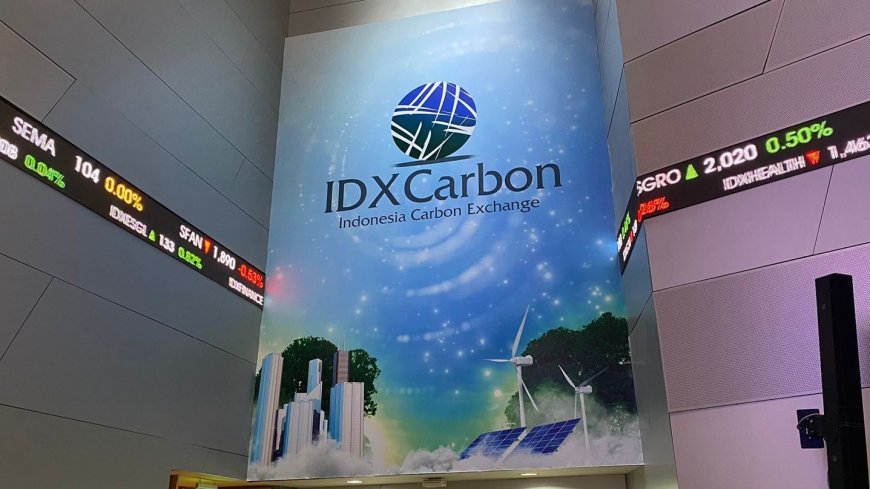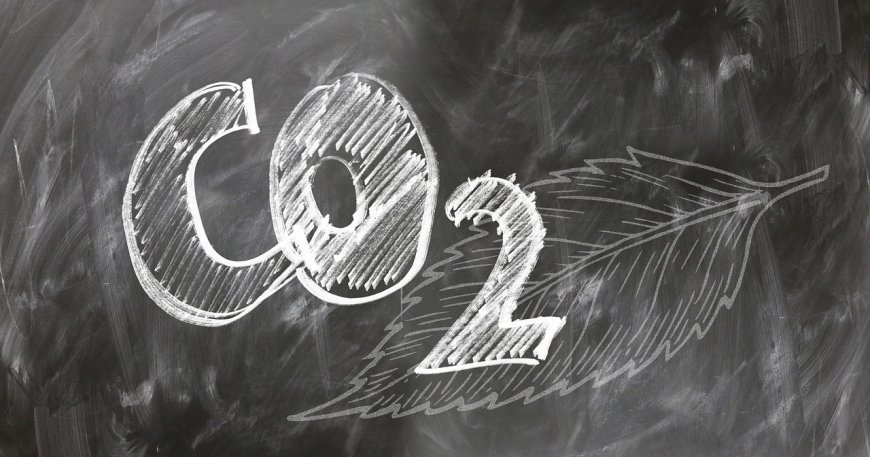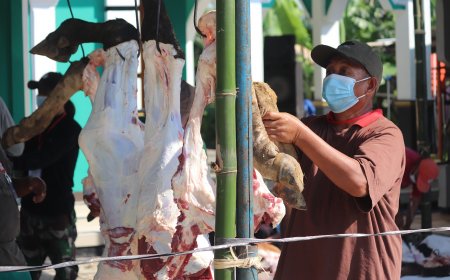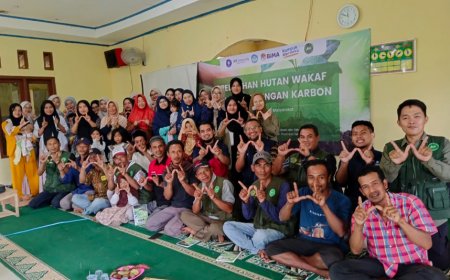PBNU: Carbon trading is 'Halal'
Carbon trading occurs when the buyer produces more emissions than stipulated.

REPUBLIKA.ID, JAKARTA — The carbon trading that has attracted the attention of industry, goverment and climate activists for several years as one of the innovations to suppress the carbon emissions of companies was reviewed in the National Consultation (Munas) Alim Ulama Nahdlatul Ulama (NU) in Jakarta.
The committee decided that carbon trading is legal and permissible.”Selling and buying carbon with both the first model, the cap and trade system, and the second model of Emission Offset, is legal and legal,” said KH Muhammad Cholil Nafis, Chairman of the Bahtsul Masail Waqiiyah Commission Session, during the Munas Alim Ulama Plenary Session and the NU 2025 Great Conference at Sultan Hotel, Jakarta, Thursday (6/2/2025).
Kiai Cholil revealed that carbon trading is done using the bai' al-huquq al-ma'nawiyyah transaction pattern, i.e. the sale and purchase of immaterial rights. The cap-and-trade model, explains Kiai Cholil, is a cap on the total amount of emissions allowed. That is, industries or countries are given allowances that they can use or trade. If a company manages to reduce its emissions below a set limit, they can sell the rest of their emissions permits to other companies in need.

Carbon offset models, meanwhile, are trading results from reduced emissions or increased carbon sequestration and storage, such as tree planting. “So, because people have global warming emissions in the greenhouse effect, then people sell that carbon,” he said.
Rais Syuriyah Pengurus Besar Nahdlatul Ulama (PBNU) explained that this discussion is closely related to efforts to create a cool nature in light of global warming emissions. “It has been decided by the United Nations that we must protect the environment by limiting carbon emissions,” he said.
Member of the National Sharia Council (DSN) of the Indonesian Ulama Assembly (MUI) Ustadz Oni Sahroni also expressed his views on carbon credits in the Sharia Consultation in Republika.id, February 14, 2024. Ustadz Oni said that carbon credits are a new problem (mustajaddat or mustahdatsat). From the point of view of the fiqh; a matter cannot be given its legal judgment until it is ascertained what the whole picture looks like.
Specifically regarding carbon trading, Ustadz Oni explains, this practice occurs when the buyer generates carbon emissions that exceed the set limits. How carbon trading works can be described as follows. (1) Emissions Trading Scheme (ETS). Also known as the cap-and-trade system.
The scheme is generally applied to the carbon market which is compulsory because the carbon emissions traded are limited in amount by the government. In this scheme, the emissions traded are for the emissions that will be produced in the future.
Participants in this market mechanism are made up of organizations, companies and even countries. The obligation to reduce or limit emissions is applied in the form of quota allocation at the beginning of the period.
Participants affected by emission restrictions are required to report the resulting emissions periodically (generally annually) to the designated agency. At the end of the period participants who cross the limit can purchase additional quotas from participants who have unused quotas (the resulting emissions are lower than the established limits), and vice versa.

Ustadz Oni explained that the carbon credit trading scheme is also known as the baseline and crediting system or carbon offset. The scheme does not require quotas at the beginning of the period, because what is used as a commodity (referred to as a carbon credit) is the result of certification of a reduction in carbon emissions due to the implementation of projects that reduce carbon emissions.
One unit of carbon credit is usually equivalent to a reduction in emissions of one tonne of CO2. In carbon credit schemes, credit scores are obtained at the end of a period that can be sold and used by participants to meet emission reduction targets or make the participant's position carbon neutral or zero emission.
As for the ETS scheme, the credit value is already determined at the beginning, so that new credits can be traded depending on the business activities carried out by the emitter.
Ustadz Oni also discusses how Sharia is adhered to in carbon trading. If referring to the basic provisions of agreements or contracts and other provisions, such as Fatwa DSN MUI No 110/DSN-MUI/IX/2017 on Sale and Purchase Agreements, Fatwa DSN MUI No 82/DSN-MUI/VIII/2011 on Commodity Trading Based on Sharia Principles in Commodity Exchanges, and Fatwa DSN MUI No 80/DSN-MUI/III/2011 on Application of Sharia Principles in the Mechanism Equity Securities Trading on the Stock Exchange Regular Market, so from the point of view of sharia compliance there are some things that must be ensured first, namely the following:
(1) Related to the parties (who is the buyer who is the seller and the related parties). Are the parties the owners of green land that generates carbon credits, and the buyers are companies or entities that are ultimatum by the government to compensate the environmental losses caused by the emissions caused in the production process?
(2) Related that is sold. Among the things that need to be ascertained is whether there is a thing (being)? Is the thing being sold (the object of trade) a good or a service? What are the specifications (are they identifiable)?
(3) Related to its ownership and transfer of ownership. Among the things that need to be sure of its existence is whether it can be owned? Is it transferable, what are the indicators of ownership? Since that carbon is invisible, does it not mix with carbon belonging to land owned by B with other land owned by C (on different land).
(4) Related to price and payment tools. Among the things that need to be sure of its existence are how much it costs, specifications, and is it transferable?
(5) If the purchase is made on the exchange floor, how technical and guaranteed the execution is.
(6) Whether these carbon credit transactions can be mitigated so as not to be used as a tool to engineer moral hazard. For example, a company is engaged in forest mining or corporate activity that results in massive emissions. Since the company has money, it buys carbon credits even though in real terms that carbon cannot be real compensation for reforestation and reforestation.
Furthermore, from the point of view of formal legality, carbon trading is classified as sharia compliance if carbon trading is legal according to the relevant regulations (as sharia trading and there is approval from fatwa authorities such as the National Sharia Council of the Indonesian Ulama Assembly).







